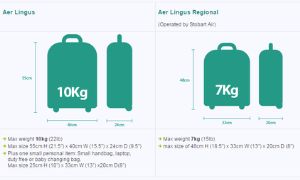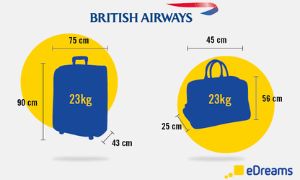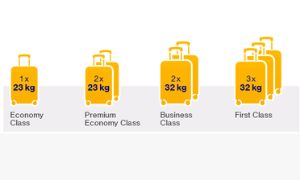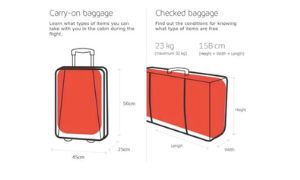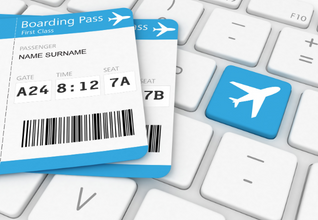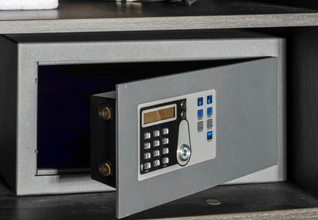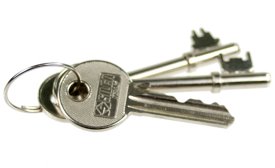Ireland faces a significant challenge in reducing greenhouse gas emissions, with the transportation sector being one of the most significant contributors. As a result, there has been a growing interest in alternative modes of transportation, such as hybrid and electric cars. In this article, we will explore the benefits and drawbacks of owning a hybrid or electric car in Ireland, as well as the current state of the market.
The Difference Between a Hybrid Car and an Electric Car
Hybrid cars use a conventional gasoline engine and an electric motor, while electric cars are powered entirely by electricity. The electric motor in a hybrid car assists the gasoline engine, improving fuel efficiency and reducing emissions.
On the other hand, electric cars have no gasoline engines and are powered solely by an electric motor.
Environmental Impact of Hybrid and Electric Cars
One of the significant benefits of hybrid and electric cars is their ability to reduce greenhouse gas emissions and improve air quality. Electric cars are not emitting exhaust fumes, so they are zero-emission vehicles. Even hybrid cars produce fewer emissions than conventional gasoline cars, making them an attractive option for environmentally conscious drivers.
Availability of Hybrid and Electric Cars in Ireland
Hybrid and electric cars are becoming increasingly popular in Ireland, with a growing number of models available from various manufacturers. Some popular hybrid and electric cars available in Ireland include the Toyota Prius, Nissan Leaf, and the Volkswagen e-Golf. Additionally, the Irish government offers a range of incentives, such as grants and tax reliefs, to encourage the purchase of hybrid and electric cars.
Running Costs of Hybrid Cars
As well as being more eco-friendly than petrol or diesel cars, hybrid cars are also typically cheaper to run. However, they are also generally more expensive to purchase, so the question is, are they worth the investment?
According to evcompare.ie, the purchase price in Ireland for most hybrid cars is 15% – 25% higher than their non-hybrid equivalents. But on the other hand, they have also confirmed that you can typically save 10% – 20% on both fuel and road tax. Maintenance costs align with their petrol/diesel equivalents, although these costs increase over time as some of their parts are more expensive to replace.
It should also be noted that the resale value of hybrid vehicles also tends to be better than non-hybrid ones.
Electric Cars
BEVs (Battery Electric Vehicles) run solely on an electric motor and rechargeable battery.
The cost savings you can make on fuel by driving an electric car can be significant. As per the ESB, for a person who drives an average of 400km per week, the savings you can make are as follows:
Weekly Fuel Cost Electric Car (e.g. Nissan Leaf = €5.08 Diesel Car (e.g. Nissan Leaf equivalent) = €31.48 Petrol Car (e.g. Nissan Leaf equivalent) = €43.20
For most people, the main deterrent of getting an electric car is the worry about having to re-charge it. However,there are currently 1200 public charge points across Ireland, and they can be found in car parks, retail and leisure venues and various on-street locations.
The charging time depends on the model of the vehicle and how full the battery is when it’s plugged in. Charging time can take from one to eight hours.
There are 70 Fast Chargers around the Republic of Ireland, primarily installed at service stations to facilitate longer journeys between major towns and cities. On average, a fast charge point can charge an electric vehicle up to 80% in as little as 25 minutes.
Grants
The Sustainable Energy Authority of Ireland (SEAI) provides grants of up to €5,000 for private electric vehicle purchases and up to €3,800 for commercial purchases. This will be reduced to €3,500 on 1 July 2023
In addition, there is a VRT relief of up to €5,000 for electric vehicles purchased and registered between 1 July 2021 and 31 December 2021. The government also provides a grant of up to €600 for installing an electric vehicle home charger.
These grants and incentives aim to encourage the transition towards sustainable transportation and reduce greenhouse gas emissions in Ireland.
No matter what type of car you’re considering, KennCo is always happy to give you a quick and secure quote.
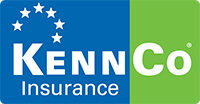

 your no-claims bonus may have expired. Some car insurance companies may even refuse to quote you. That’s where
your no-claims bonus may have expired. Some car insurance companies may even refuse to quote you. That’s where 







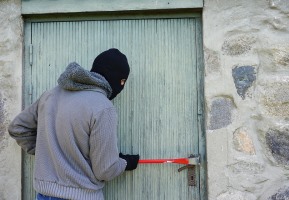
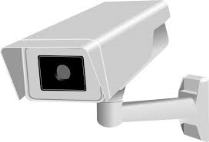
 renewing, you may become confused by the various home insurance terms presented by different insurance companies. Below we have detailed some of the most common home insurance terms that you may come across. If you can’t find the answer you’re looking for, call a member of our team today for more information.
renewing, you may become confused by the various home insurance terms presented by different insurance companies. Below we have detailed some of the most common home insurance terms that you may come across. If you can’t find the answer you’re looking for, call a member of our team today for more information. 
